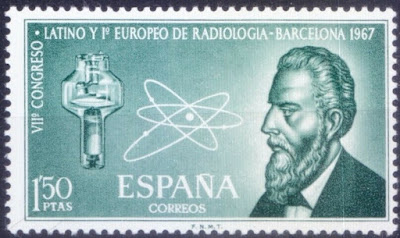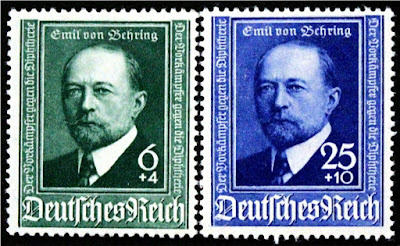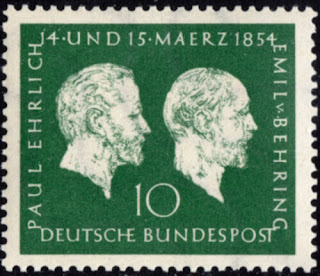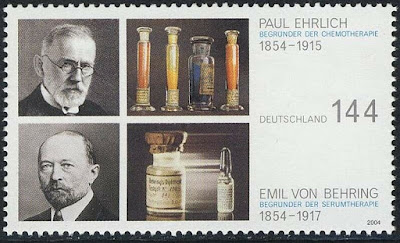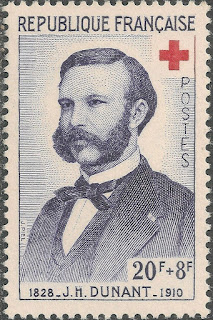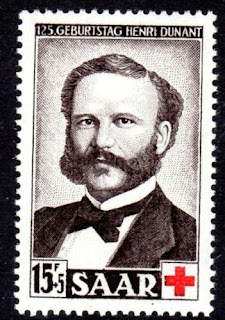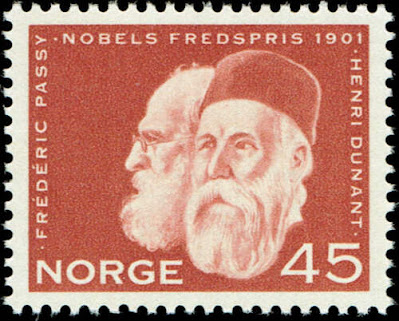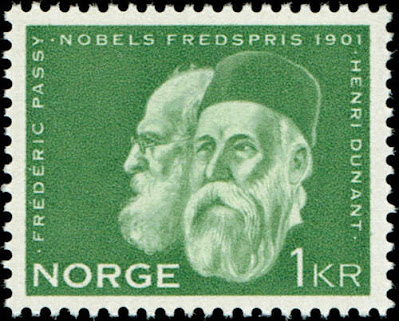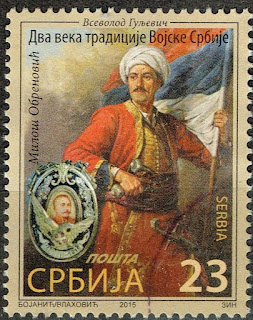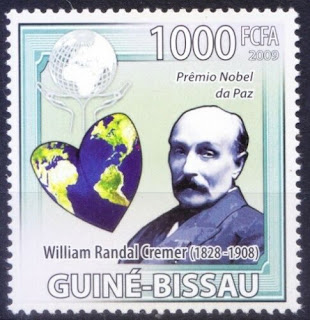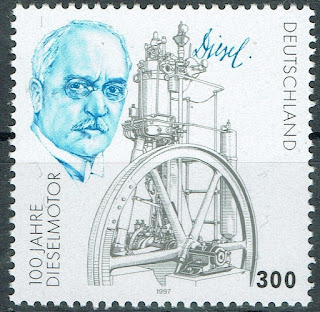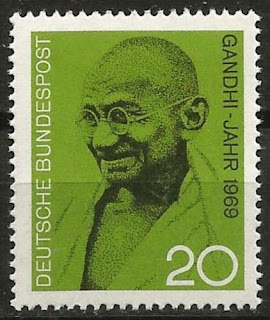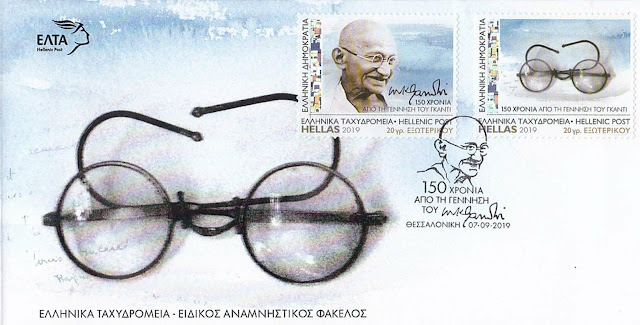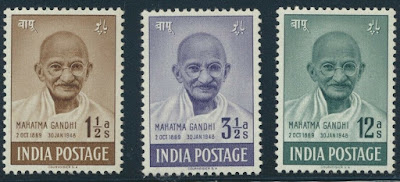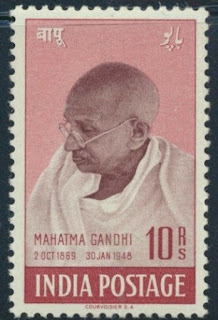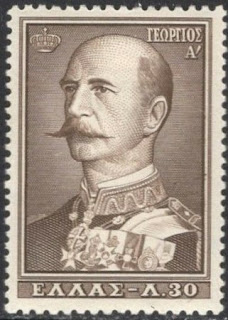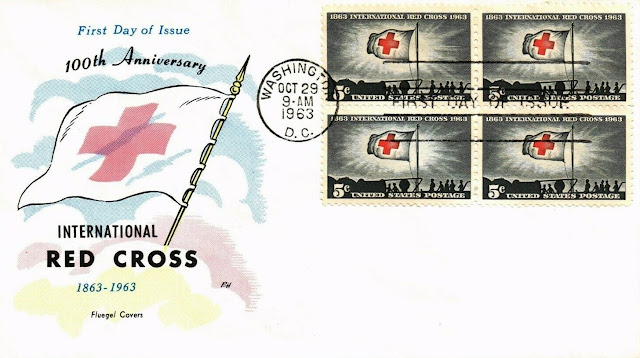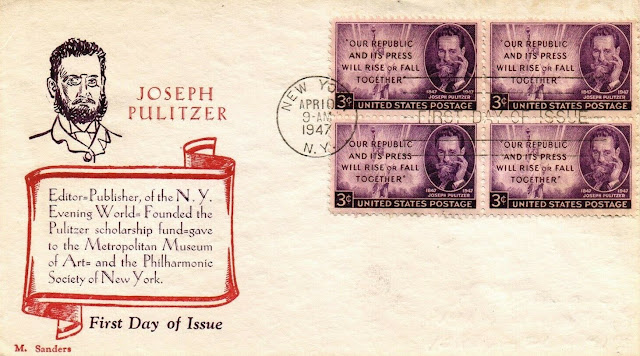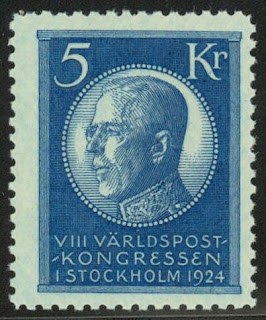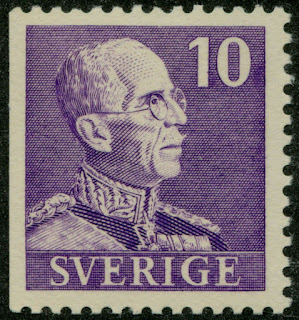The Nobel Prizes (Swedish: Nobelpriset, Norwegian: Nobelprisen) are prizes awarded annually by the Royal Swedish Academy of Sciences, the Swedish Academy, the Karolinska Institutet, and the Norwegian Nobel Committee to individuals and organizations who make outstanding contributions in the fields of chemistry, physics, literature, peace, and physiology or medicine. They were established by the 1895 will of Alfred Nobel, which dictates that the awards should be administered by the Nobel Foundation. The Nobel Memorial Prize in Economic Sciences was established in 1968 by the Sveriges Riksbank, the central bank of Sweden, for contributions to the field of economics. Each recipient, or "laureate", receives a gold medal, a diploma, and a sum of money, which is decided annually by the Nobel Foundation
Here is a list of 1901 Nobel laureates
Physics: Wilhelm Röntgen, German physicist and academic
Wilhelm Conrad Röntgen (27 March 1845 – 10 February 1923) was a German mechanical engineer and physicist, who, on 8 November 1895, produced and detected electromagnetic radiation in a wavelength range known as X-rays or Röntgen rays, an achievement that earned him the first Nobel Prize in Physics in 1901. In honour of his accomplishments, in 2004 the International Union of Pure and Applied Chemistry (IUPAC) named element 111, roentgenium, a radioactive element with multiple unstable isotopes, after him.
Today, in Remscheid-Lennep, 40 kilometers east of Düsseldorf, the town in which Röntgen was born in 1845 is the Deutsches Röntgen-Museum.
In Würzburg, where he discovered the X-rays, a non-profit organization maintains his laboratory and provides guided tours to the Röntgen Memorial Site.
World Radiology Day: The International Day of Radiology is an annual event promoting the role of medical imaging in modern healthcare. It is celebrated on 8 November each year, coincides with the anniversary of the discovery of X-rays by Wilhelm Roentgen in 1895. It was first introduced in 2012, as a joint initiative, by the European Society of Radiology (ESR), the Radiological Society of North America (RSNA), and the American College of Radiology (ACR).
Röntgen Peak in Antarctica is named after Wilhelm Röntgen
Stamps from India, Germany and Spain depicting Wilhelm Röntgen
Physiology or Medicine: Emil von Behring, German physiologist and immunologist
Emil von Behring (Emil Adolf von Behring), born Emil Adolf Behring (15 March 1854 – 31 March 1917), was a German physiologist who received the 1901 Nobel Prize in Physiology or Medicine, the first one awarded in that field, for his discovery of a diphtheria antitoxin. He was widely known as a "saviour of children," as diphtheria used to be a major cause of child death. He was honored with Prussian nobility in 1901, henceforth being known by the surname "von Behring."
In 1895 he became Professor of Hygienics within the Faculty of Medicine at the University of Marburg, a position he would hold for the rest of his life. He and the pharmacologist Hans Horst Meyer had their laboratories in the same building, and Behring stimulated Meyer's interest in the mode of action of tetanus toxin.
Behring won the first Nobel Prize in Physiology or Medicine in 1901 for the development of serum therapies against diphtheria. He was elected a Foreign Honorary Member of the American Academy of Arts and Sciences in 1902.
In 1904 he founded the Behringwerke in Marburg, a company to produce antitoxins and vaccines.
At the International Tuberculosis Congress in 1905 he announced that he had discovered "a substance proceeding from the virus of tuberculosis." This substance, which he designated "T C," plays the important part in the immunizing action of his "bovivaccine", which prevents bovine tuberculosis. He tried unsuccessfully to obtain a protective and therapeutic agents for humans.
Behring died at Marburg, Hessen-Nassau, on 31 March 1917. His name survived in the Dade Behring organisation (now part of the Siemens Healthineers), in CSL Behring, a manufacturer of plasma-derived biotherapies, in Novartis Behring and in the Emil von Behring Prize of the University of Marburg, the highest endowed medicine award in Germany.
His Nobel Prize medal is now kept on display at the International Red Cross and Red Crescent Museum in Geneva.
German stamps depicting Emil von Behring
German stamps depicting Paul Ehrlich and Emil von Behring
Literature: Sully Prudhomme, French poet and critic
René François Armand (Sully) Prudhomme (16 March 1839 – 6 September 1907) was a French poet and essayist. He was the first winner of the Nobel Prize in Literature in 1901.
Born in Paris, Prudhomme originally studied to be an engineer, but turned to philosophy and later to poetry; he declared it as his intention to create scientific poetry for modern times. In character sincere and melancholic, he was linked to the Parnassus school, although, at the same time, his work displays characteristics of its own.
His first collection, Stances et Poèmes ("Stanzas and Poems", 1865), was praised by Sainte-Beuve. It included his most famous poem, Le vase brisé. He published more poetry before the outbreak of the Franco-Prussian War. This war, which he discussed in Impressions de la guerre (1872) and La France (1874), permanently damaged his health.
During his career, Prudhomme gradually shifted from the sentimental style of his first books towards a more personal style which unified the formality of the Parnassus school with his interest in philosophical and scientific subjects. One of his inspirations was clearly Lucretius's De rerum natura, whose first book he translated into verse. His philosophy was expressed in La Justice (1878) and Le Bonheur (1888). The extreme economy of means employed in these poems has, however, usually been judged as compromising their poetical quality without advancing their claims as works of philosophy. He was elected to the Académie française in 1881. Another distinction, Chevalier de la Légion d’honneur, was to follow in 1895.
After, Le Bonheur, Prudhomme turned from poetry to write essays on aesthetics and philosophy. He published two important essays: L'Expression dans les beaux-arts (1884) and Réflexions sur l'art des vers (1892), a series of articles on Blaise Pascal in La Revue des Deux Mondes (1890), and an article on free will (La Psychologie du Libre-Arbitre, 1906) in the Revue de métaphysique et de morale.
At the end of his life, his poor health (which had troubled him ever since 1870) forced him to live almost as a recluse at Châtenay-Malabry, suffering attacks of paralysis while continuing to work on essays. He died suddenly on 6 September 1907, and was buried at Père-Lachaise in Paris.
French stamp and First Day Cover depicting Sully Prudhomme
Peace: Henry Dunant, Swiss businessman and activist, co-founded the Red Cross
Henry Dunant (born Jean-Henri Dunant; 8 May 1828 – 30 October 1910), also known as Henri Dunant, was a Swiss humanitarian, businessman and social activist. He was the visionary, promoter and co-founder of the Red Cross.
During a business trip in 1859, Dunant was witness to the aftermath of the Battle of Solferino in modern-day Italy. He recorded his memories and experiences in the book A Memory of Solferino which inspired the creation of the International Committee of the Red Cross (ICRC) in 1863. The 1864 Geneva Convention was based on Dunant's idea for an independent organisation to care for wounded soldiers.
Dunant was the founder of the Swiss branch of the Young Men's Christian Association YMCA.
In 1901 he received the first Nobel Peace Prize together with Frédéric Passy, making Dunant the first Swiss Nobel laureate.
Stamps from various countries issued to commemorate Dunant and the Red Cross



